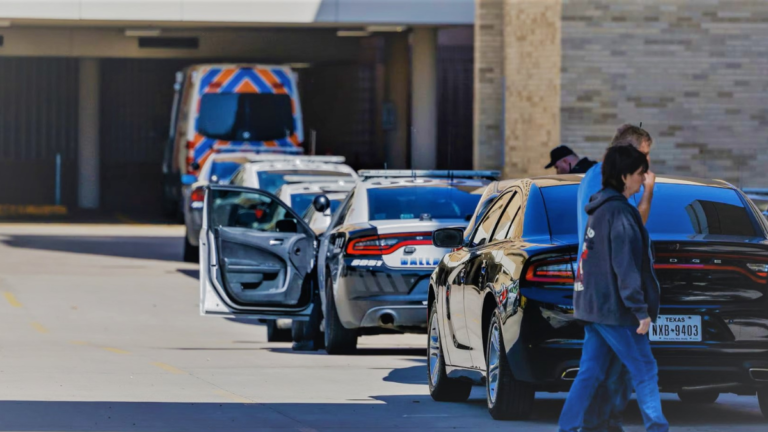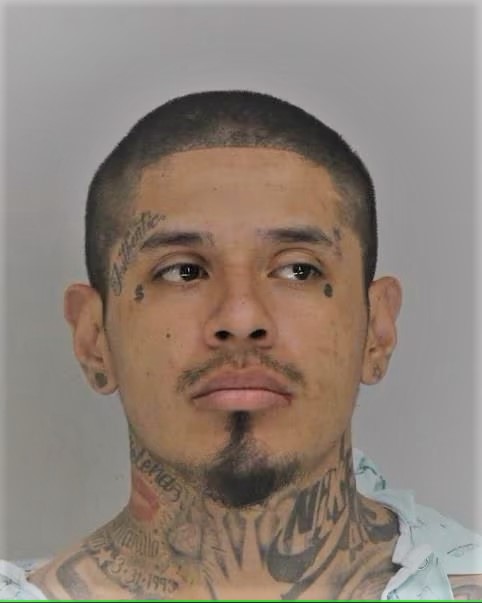
Nurse Katie Annette Flowers and social worker Jacqueline Ama Pokuaa were killed in the shooting at the north Oak Cliff hospital.
By Aria Jones
A Dallas County grand jury indicted the man accused of fatally shooting two healthcare workers inside Methodist Hospital in October on Thursday.
Nestor Oswaldo Hernandez, 30, has been charged with capital murder in the deaths of Katie Annette Flowers, 63, and Jacqueline Ama Pokuaa, 45, who were shot Oct. 22 inside the Dallas Methodist hospital in north Oak Cliff.
According to court records, Hernandez was also charged with aggravated assault against a public servant and aggravated assault with a deadly weapon. He is still being held in the Dallas County jail, with bail set at $3 million. His lawyer declined to comment.

Hernandez, a parolee with an active ankle monitor, was reportedly acting strangely and accusing his partner of cheating on him while in the hospital’s labour and delivery section for the birth of his child. While their infant was present, he pulled a gun from his pants and started repeatedly hitting her, according to the authorities.
An arrest-warrant affidavit states that Hernandez also said, “Whoever comes in this room is going to perish with us.”
According to Dallas Police Chief Eddie Garca, Pokuaa was shot when she entered the room to provide routine patient services. Hernandez shot Flowers after she looked inside the room, he said.
According to police, a Methodist police sergeant heard gunfire and witnessed Flowers being shot. Hernandez reloaded his weapon before exiting the room. According to police, Hernandez was shot in the leg and then retreated into the room.
Hernandez surrendered after a brief standoff, according to police.
In November, Dallas police released video footage of a woman barricaded with a gunman and their newborn, pleading with him to surrender peacefully and for officers to spare his life.
The altercation erupted after gunshots were heard inside Dallas Methodist Medical Center. The footage showed police and the wounded gunman pleading with him to end the deadly standoff.
The shooting also raised awareness about the dangers that medical workers face on the job and prompted García and the public to criticize the terms of Hernandez’s parole.
The federal Bureau of Alcohol, Tobacco, Firearms, and Explosives is looking into how he obtained a handgun while incarcerated and on parole.